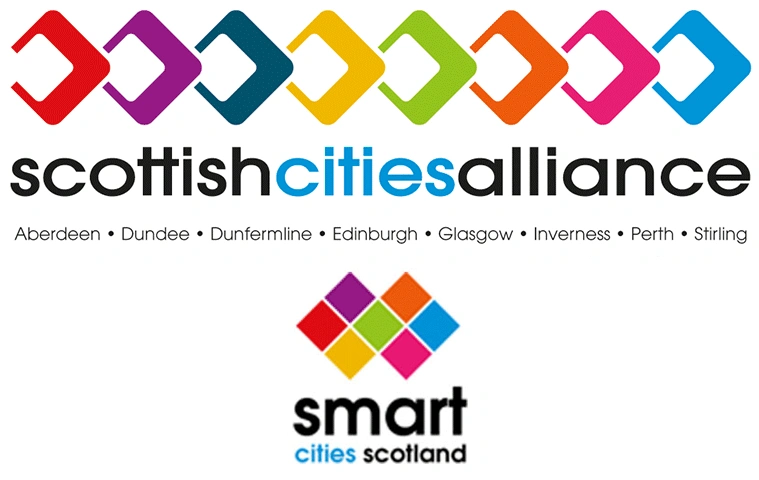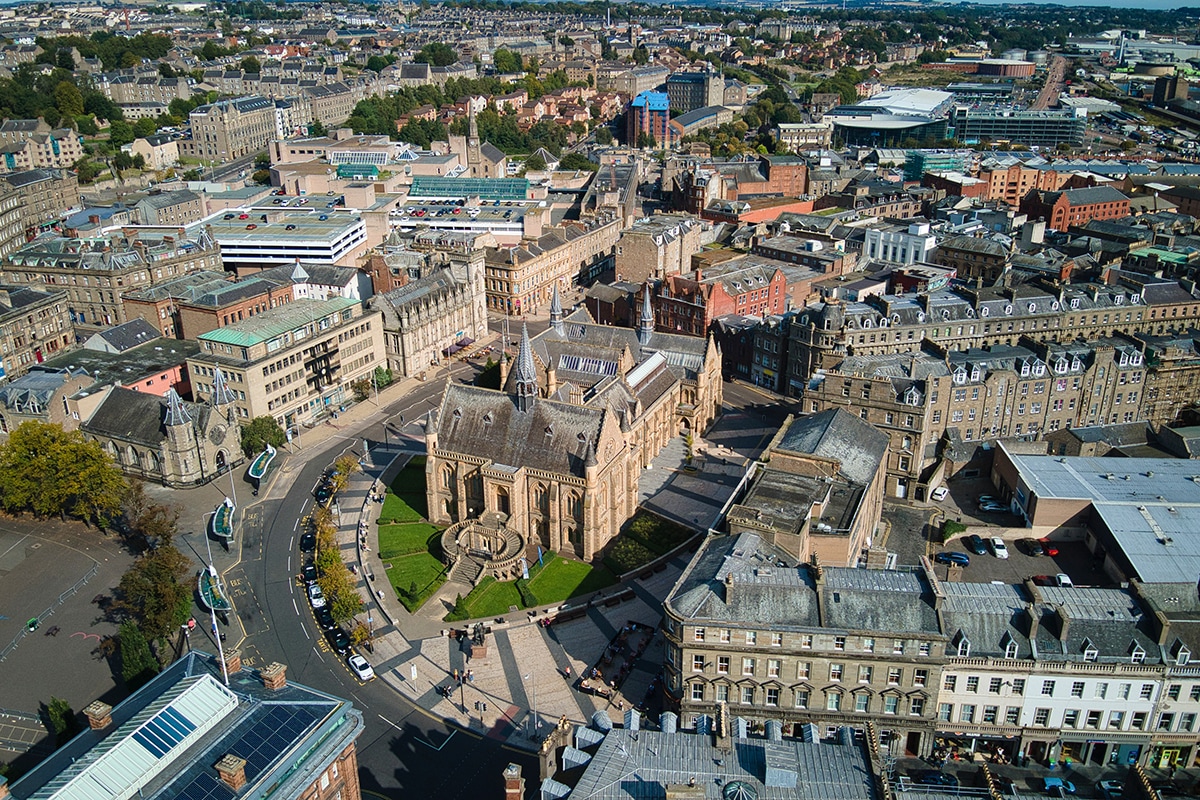
Project Overview
In autumn 2019, the Centre for Civic Innovation (CCI) in Glasgow was asked by the Child Poverty Strategy group in the city to help them better understand some of the issues around child poverty. Specifically, the CCI was asked whether data science could help uncover new insights around the detailed circumstances facing children and families in the city.
Data insight is central to the project as it forms the basis for new ideas and potential solutions. The insight is created through the use of data analytics conducted by data scientists in the team. This is combined with a design thinking approach to support creative problem solving.
Why is it needed?
Glasgow has an ambitious target to reduce child poverty to 18% by 2023 and 10% by 2030. Stakeholders are keen to try out new ways of working and new solutions to help meet the target, starting with making better use of all data available and assessing what it might tell planners.
Impact and Benefits.
The initial data analytics exercise has already uncovered new levels of detail around the depth of child poverty amongst particular family groups across the city. It also challenged the official figures around poverty levels. All of this has opened up a new debate on how best to tackle child poverty in the city, increasing potential options for new interventions. The CCI is facilitating a process to encourage new ideas around solutions.
More information from Stephen Sprott, Strategic Innovation & Technology, Glasgow City Council – stephen.sprott@glasgow.gov.uk.
For information about the Centre for Civic Innovation contact data@glasgow.gov.uk.






